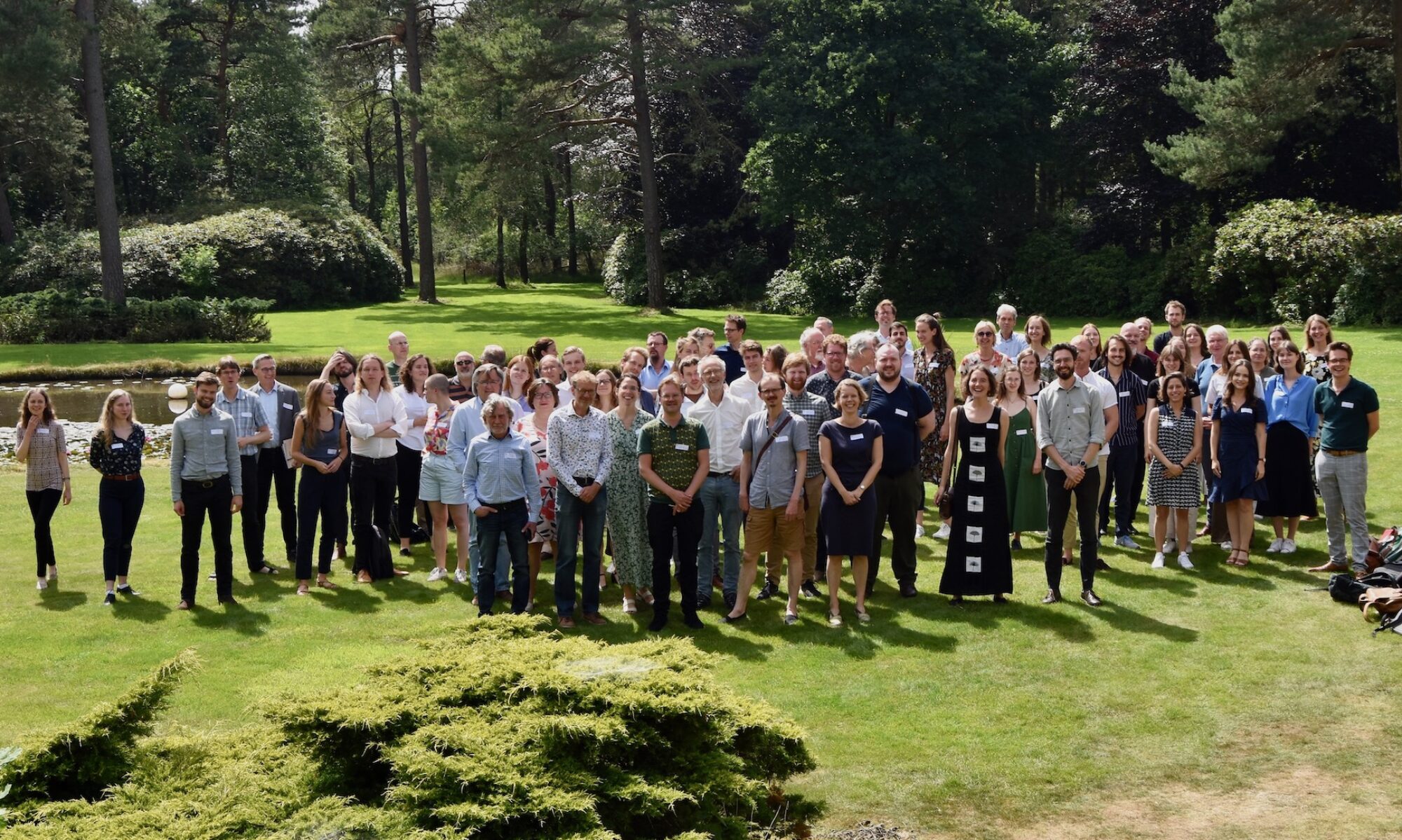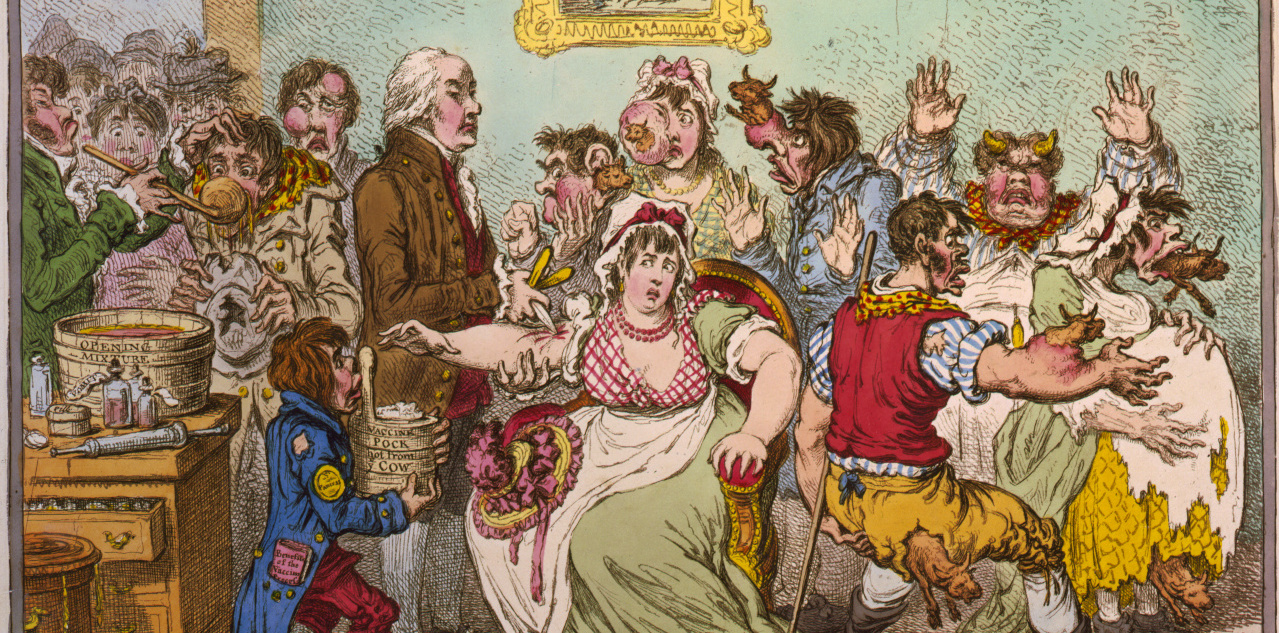Auteur: Ruben Verwaal
Kennismaken met: Tinne Claes
Graag introduceert het bestuur u aan ons nieuwe hoofdredacteur van Wonderkamer, Tinne Claes.
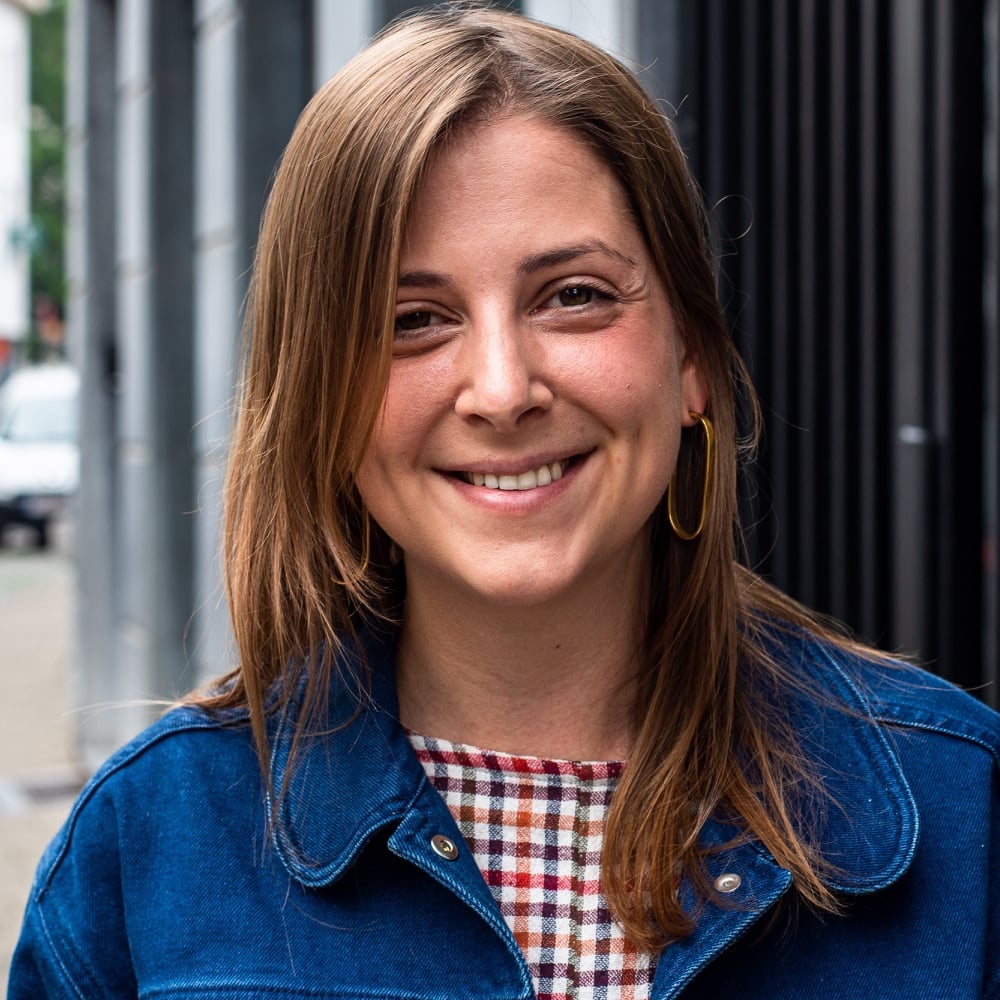
Tinne schrijft: “Ik ben postdoctoraal onderzoeker van het FWO, verbonden aan de KU Leuven. Mijn specialisatie is de geschiedenis van geneeskunde, gender en seksualiteit in de negentiende en twintigste eeuw. Mijn huidige onderzoek gaat over de geschiedenis van ongewenste kinderloosheid.
Lees verder “Kennismaken met: Tinne Claes”CALL FOR PAPERS: 9th Gewina Woudschoten Conference
Contested Expertise: Trust in Science and Technology
Zeist, 17–18 June 2022
Deadline for proposals: 18 March 2022
On 17-18 June 2022 Gewina, the Belgian-Dutch Society for the History of Science and Universities, will hold its 9th biannual meeting in the Woudschoten Hotel & Conference Centre (Zeist). This two-day conference brings together historians of science, humanities, medicine, universities and technology; and all those from other fields with an interest in the history of knowledge. The theme of this year’s conference is Contested Expertise: Trust in Science and Technology.
Thematic scope of the Woudschoten conference
If there is anything that the Covid-19 pandemic shows, it is that social trust in science and technology is not self-evident. Expert claims about the severity of the disease and the dynamics of infection are met with skepticism and sometimes outright dismissal. This distrust is a sign of a broader development since the late twentieth century, in which expert knowledge seems to be losing ground in society. Knowledge institutions, such as universities, expert agencies and other professional mediators are under pressure as part of a more general sentiment to question foundations of ‘modern’ Western science and technology. At the same time, the humanities and social sciences face crises of trust in the form of the decolonization debate and the replication crisis. An overall crisis of trust in scientific knowledge (broadly conceived!) looms large. However, trust in these institutions and their knowledge practices has never been natural. Modern knowledge institutions rose to prominence in the early modern period and did so at the expense of other institutions such as guilds, churches, and the republic of letters. Scientific knowledge acquired social and cultural status at the expense of artisanal knowledge; disciplinary experts marginalized the polymath scholar. Trust had to be gained, and it has had to be continually maintained. The current crisis puts new pressure on the status of science and technology and the question what the response will be.
Lees verder “CALL FOR PAPERS: 9th Gewina Woudschoten Conference”Wonderkamer 4: Het tweede leven van de dinosauriër
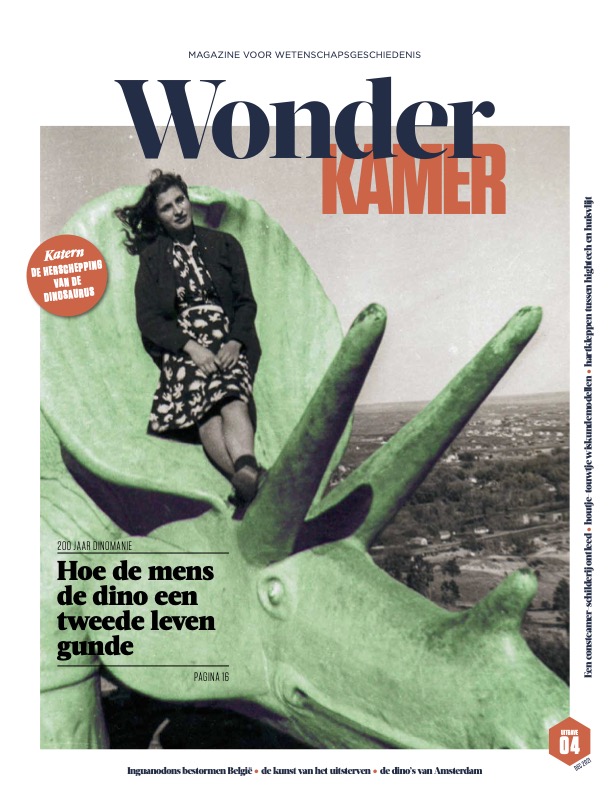
66 miljoen jaar geleden stierf de dinosauriër uit. 200 jaar geleden gunde de mens hem een tweede leven. Niet als een echt dier natuurlijk, maar als een product van wetenschappelijke inzichten en verbeelding.
Het nieuwste nummer van Wonderkamer: Magazine voor wetenschapsgeschiedenis gaat over dit tweede leven van de dino. Hoe ontstond onze fascinatie voor dit uitgestorven dier? En wat zegt dat eigenlijk over ons?
Lees verder “Wonderkamer 4: Het tweede leven van de dinosauriër”Call for Papers: ‘Van luis in de pels tot corporate glossy’
Congres ‘De ontwikkeling van de periodieke pers aan de Nederlandse en Belgische universiteiten sinds 1800’
Datum congres: 25 november 2022. Deadline abstracts: 1 juli 2022
Iedere Nederlandse en Belgische universiteit heeft er één: het universiteitsbrede blad dat zich richt op alle geledingen van de universiteit: studenten, wetenschappelijk en niet-wetenschappelijk personeel, en overige belangstellenden. Ze vormen een zichtbaar en bindend element in de complexe organisatie van de moderne universiteit.
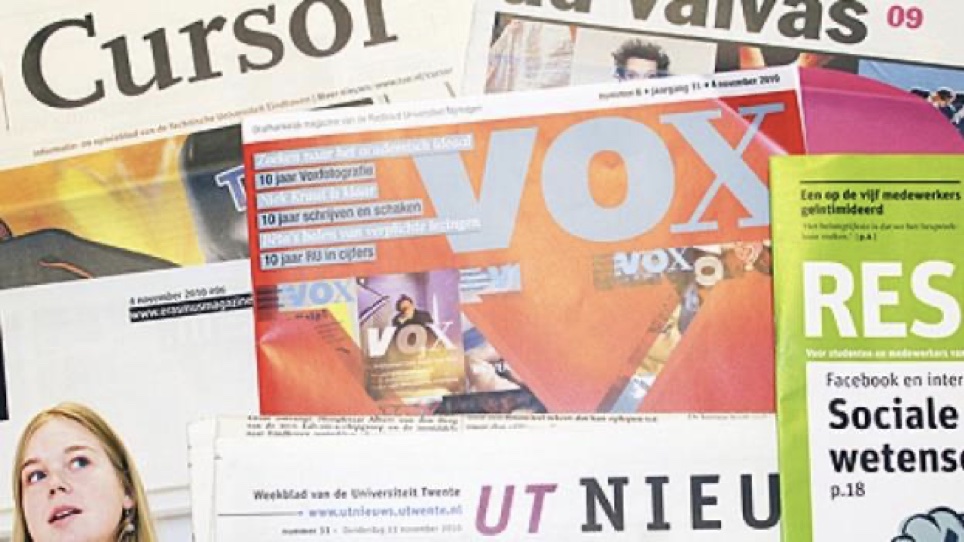
Gewina studentenbijeenkomst
Claire Morrison en Tim Debroyer, student-bestuursleden bij Gewina verenigen komend academiejaar studenten uit België en Nederland die hun masterproef schrijven over wetenschaps- en universiteitsgeschiedenis.
In deze groep kunnen studenten elkaar bijstaan in het schrijven van een masterproef. Er kunnen ook online schrijfsessies gehouden worden en op het einde van het academiejaar plannen Claire en Tim ook om het harde werk van de studenten te verspreiden onder een breed publiek in de vorm van een blogpost of op een conferentie.
Als eerste kennismaking nodigen Tim en Claire studenten uit op een online lezing op woensdag 17 november om 20u. Tijdens deze gratis lezing stellen twee doctoraatsstudenten hun onderzoek rond het thema Studentenleven door de tijd heen voor om een inkijk te geven in de diversiteit van wetenschapsgeschiedenis.
